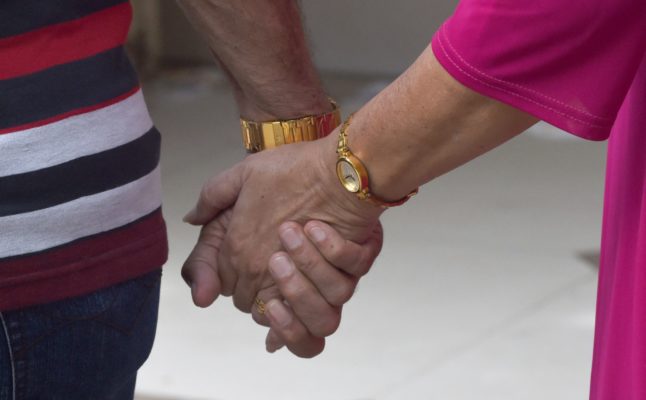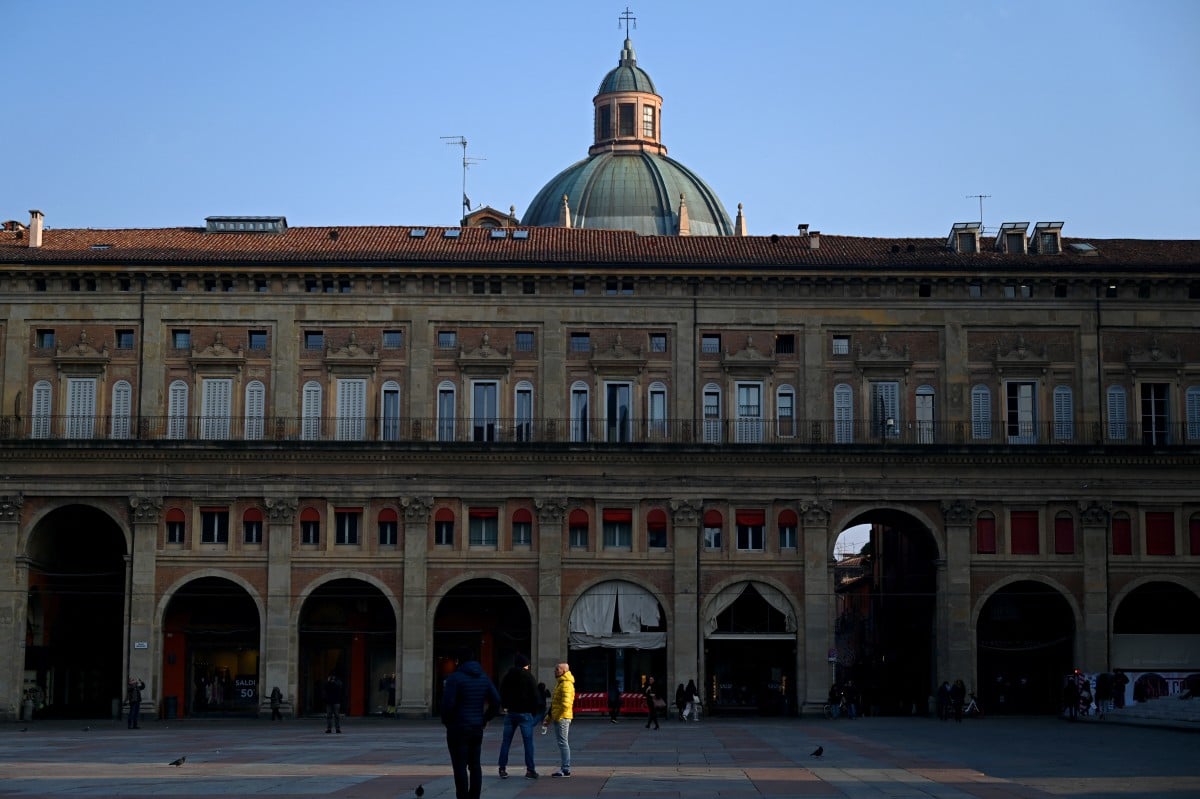MARRIAGE
Mass rally against gay civil unions in Rome
Hundreds of thousands of people are expected to protest in Rome's Circus Maximus arena Saturday against a civil unions bill for same-sex couples, a hot-potato issue for Prime Minister Matteo Renzi's government.
Published: 30 January 2016 09:14 CET

The Circus Maximus arena can hold 350,000 people. Photo: Chris/Flickr
“As many people as possible must take part, remember this is the only weapon we have!” organiser Massimo Gandolfini said ahead of the “Family Day” rally, which begins in the capital's ancient Roman chariot racing stadium at 1100 GMT.
Gandolfini said he expected to fill the arena, which can take 350,000 people without counting the surrounding streets, while authorities in Rome said they were preparing for up to 500,000 people.
Italy is the last major Western country not to allow same-sex couples legal status.
The Senate began examining the bill on Thursday, which would enable gay people to commit to one another before a state official and, in certain circumstances, adopt each other's children and inherit residual pension rights.
In 2007, another vast “Family Day” forced the centre-left government of Romano Prodi to drop a much less ambitious civil union project — and the failure of the bill was cited as one of the reasons behind the fall of his
government early the following year.
Supporters say Italy has no choice this time but to change, pointing to repeated complaints from the European Court of Human Rights. But opponents hope their protest, backed by the Catholic Church, will slam the brakes on the bill.
The Italian Bishops Conference (CEI) on Friday said it was “concerned” about the “process underway of putting marriage and civil unions on the same level — with the introduction of an alternative to the family”.
While some accused the bishops of failing to follow Pope Francis's call for the Church to show greater compassion to the marginalised or excluded, others said the Catholic country would do its utmost to protect vulnerable children.
Centre-left Renzi has said he is confident the bill will pass, though there are several sticking points, in particular the ability to adopt the biological children of one's partner.
“Italy tomorrow will become a beacon for Europe. Each child needs a father and a mother, the complete deal,” Jacopo Coghe, head of the Family Generation association, told journalists at a pre-rally on Friday.
Gianluigi De Paolo, head of a forum of Catholic associations backed by the CEI, said the adoption clause was particularly dangerous in the ageing country “because it would lower Italy's birthrate even further”.
As the hours ticked down to the demo, rights associations pleaded with would-be participants to change their mind.
“It is statistically certain that among your children there are many boys and girls who, even if they've never confided in you, are gay, lesbian, bisexual or transgender,” the Agedo association of parents and friends of LBGT
people said.
Italian designers Domenico Dolce and Stefano Gabbana — who used to be a couple — this week released of a line of handbags and T-shirts celebrating same-sex families, advertised under the hashtag #dgfamily.
It will not be an easy win for Renzi. His centre-right coalition allies are categorically opposed to adoption of children by a gay spouse, as is the Catholic fringe of the prime minister's own Democratic Party (PD).
Meanwhile, left-wing parties in the opposition and the anti-establishment Five Star movement (M5S) — whose support Renzi needs to get the bill through the Senate — are threatening to pull the plug if even one comma of the text is changed.
A final vote in the Senate is expected mid-February, after which the text will go before the lower house of parliament.
Url copied to clipboard!



 Please whitelist us to continue reading.
Please whitelist us to continue reading.
Member comments